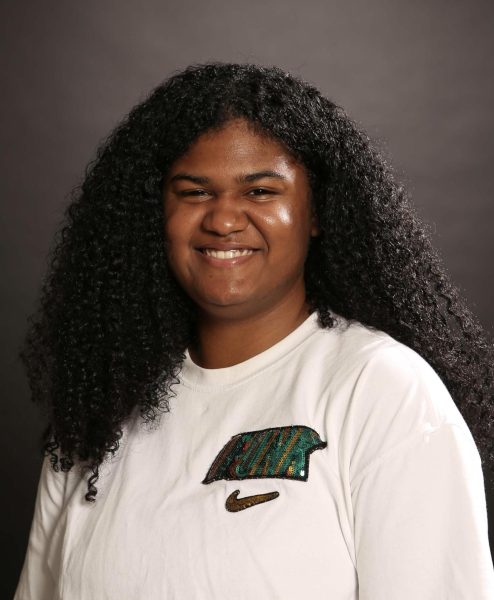
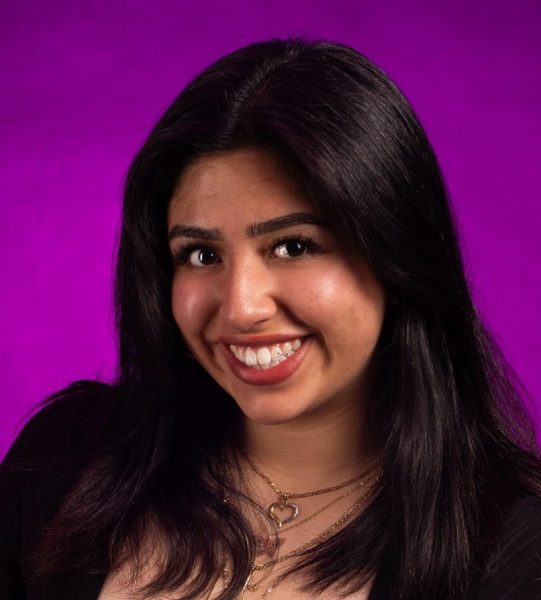
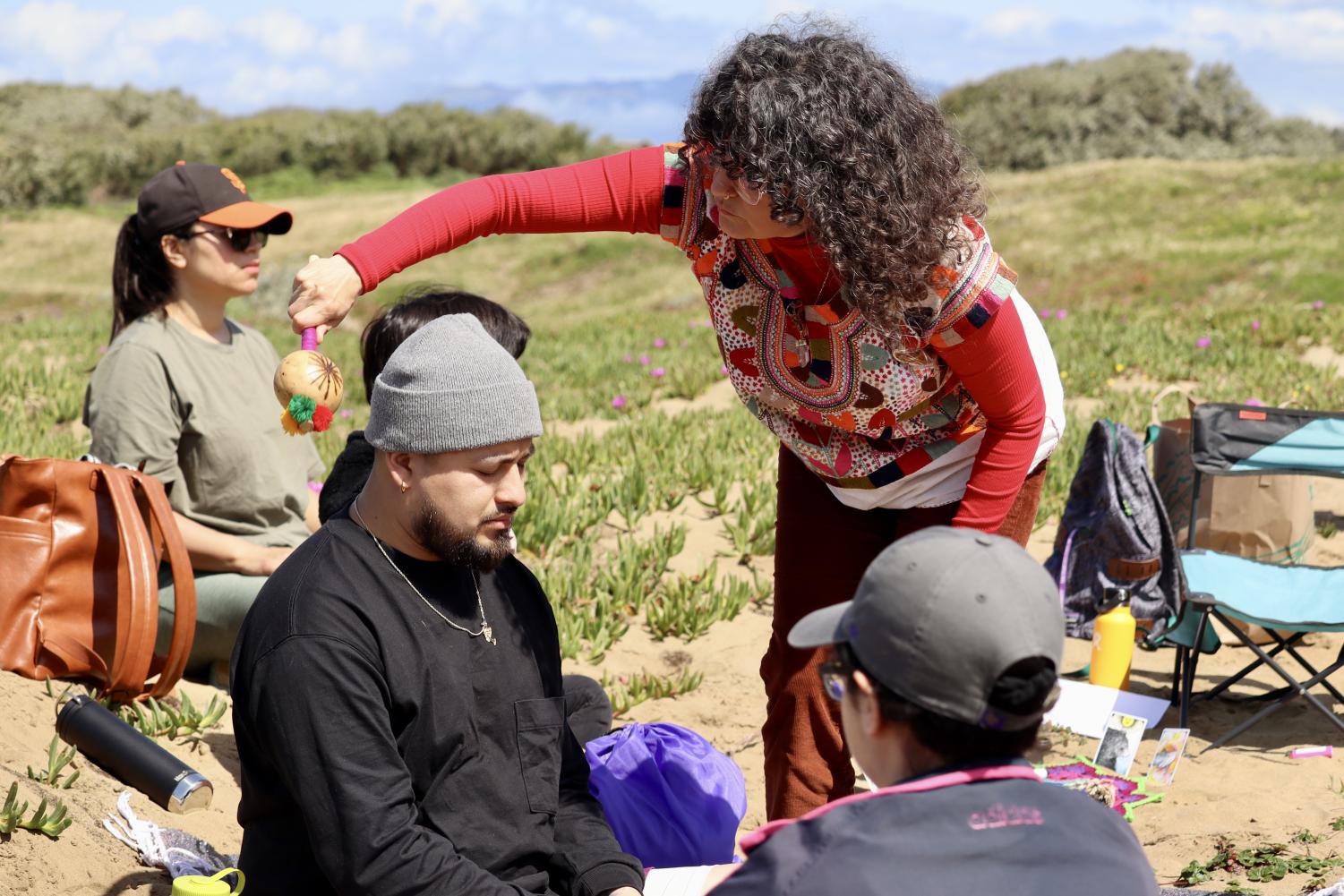

Reclaiming Nature project gives students an opportunity to connect with the outdoors.
May 22, 2023
“From Hood to Woods,” a research project led by students and faculty at SF State, works in collaboration with community members to reclaim natural spaces as a means to address the increasing health disparities faced by communities of color. Although nature has been a healing place for many communities of color, these spaces can also be unwelcoming or triggering.
This project is supported by the National Institutes of Health Common Fund’s Transformative Research, which funds new research ideas serving to address health disparities and aims to advance health equity. This project has been active for about three years.
The research team employs a transdisciplinary approach and utilizes biological metrics collected from the students before and after the project to document participants’ experiences. Samples are taken from the participants, and cortisol and telomere analysis is conducted for assessment.
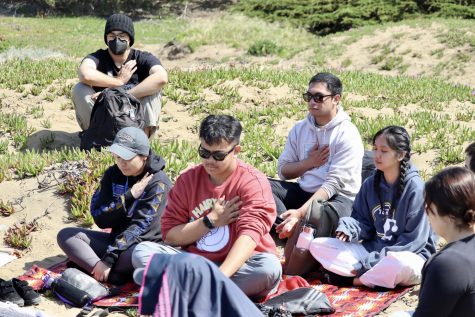
Rebecca Mendez, Hood to Wood’s project manager, said she was more than happy when asked to be a part of the project. Moving from El Salvador at a young age meant being away from a home that provided different aspects of nature.
“That was kind of like an environmental shock,” Mendez said. “In El Salvador, I’m from a very small town—it wasn’t city-like. We had a lot of green spaces, we had gardens, we had trees that would grow mangos and papayas. It was easy access to a green space if you wanted to play with insects— it was just walking distance. I came here to the city when I was like six years old and it was so different for me.”
Mendez said now that she is older, she takes advantage of enjoying green spaces, especially because it’s an opportunity she didn’t have growing up.
“We’re going to be focusing on the BIPOC community because these are the populations that are living in low-income neighborhoods and that are really having a hard time accessing nature spaces and green spaces,” Mendez said.
Leslie Contreras, a graduate student, is one of the researchers working on the project for her senior thesis. Her goal is to see if the hypothesis of the project is true – if being in nature equates to positive effects – by looking at the samples the participants provide.
“Our main goal is to take underrepresented communities of color.“ Contreras said. “A lot of times in science, those communities are the Latinx community, the Black community, the Pacific Islander communities, the Filipinx community, and study how being in nature affects the cortisol slash stress levels of BIPOC youth ages 18 to 26. As well as how that affects your biological clock, meaning like telomeres.”
Telomere is a region of repetitive DNA sequences at the end of a chromosome and prevents mutations from occurring at a faster pace.
Three samples are taken from the participants –– one during orientation, one right before their first walk and one at the end of all of their walks altogether.
“We analyze the saliva. The saliva is what gives us the telomere length through DNA extraction and through QPCR,” Contreras said. “The hair is going through a process called Aliza, and the hair is what we used to look at stress levels. Those are the two we’re looking for when it comes to what lab-based tests we take, which we receive from participants.”
Contreras explained that when it comes to science, communities of color have not had the best representation in terms of research and researchers.
“So community-based research really is so important because it teaches you that if you want to work with the community, if you want to expand the knowledge of what we know in research in science, and actually open the door for research that’s inclusive to everyone you have to start with a group of scientists that come from those communities,” Contreras said.
The last session they had together was a little more special than the previous walks.
“The feedback we got from them is that they really wanted a more spiritual connection with nature because we talked a lot about ancestry and our roots,” Contreras said.
Yvette Mari Robles, a consultant for SF Build Sustainability and Equity for SF State, was the Reclaiming Nature Curandero for the project. She said being a medicine woman is her lifestyle and she integrates it into her work because it is her passion. She has a private practice in her home where she works with Black, Indigenous and women of color with self-recovery, self-care, and healing justice.
On the last walk, Robles took the participants through a set of spiritual protocols.
“A lot of times we think about the mind and leave out the spirit,” Robles said.” We think about the psychological well-being of healing and nature and we think about the physical well-being of healing in nature. But there’s also the spiritual well-being of healing in nature and this spiritual aspect of connecting to the living world.”
Robles said the protocols were to engender interdependence and understanding around how we don’t leave out the spirit.
“The work that I presented was an offering for everyone to connect more deeply to a part of a vast cosmology of beings living, not living, seen and unseen,” Robles said. “To situate ourselves within that context, because spiritually it helps us. We can get down on ourselves and we can think about the traumas we’ve been through.”
Robles expressed that there is no separation between us and the environment.
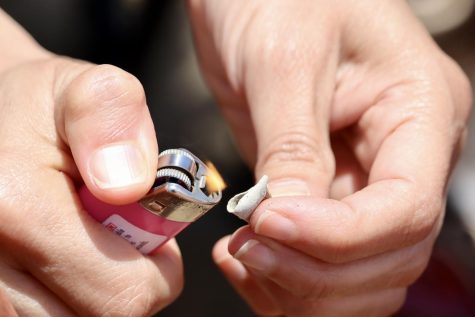
“I am the environment. You are the environment. So the whole reason we went through these kinds of spiritual protocols or activities is to really deepen our awareness and understanding that there is no separation,” Robles said.
The prompts that she used were meant to guide and support the participants through a journey.
“A journey into their inner world, into the depths of their imaginal realm, their imagination. To get in contact with the unseen, to get in contact with inner resources and strengths, to get in contact with ancestors, to get in contact with that primordial understanding that we are the environment,” Robles said. “That’s what those prompts were about and those prompts engage something called animal medicine.”
Robles said animal medicine is a form of shapeshifting where you take on and inhabit the archetype of an animal. This is to get in touch with the spirit of that being.
“We began with a dolphin and we felt our beautiful gray skin, our silver skin, and we felt our fins and we felt the ocean and we could go farther and we felt free and we could play,” Robles said.
Robles said this allows us to free our imagination because only people who imagine and innovate things are the people who have power.
“Cultivating your imagination, accessing your inner realms, understanding that you’re apart of a massive cosmology in a multiverse, is essential to self-awareness and self-realization,” Robles said.

